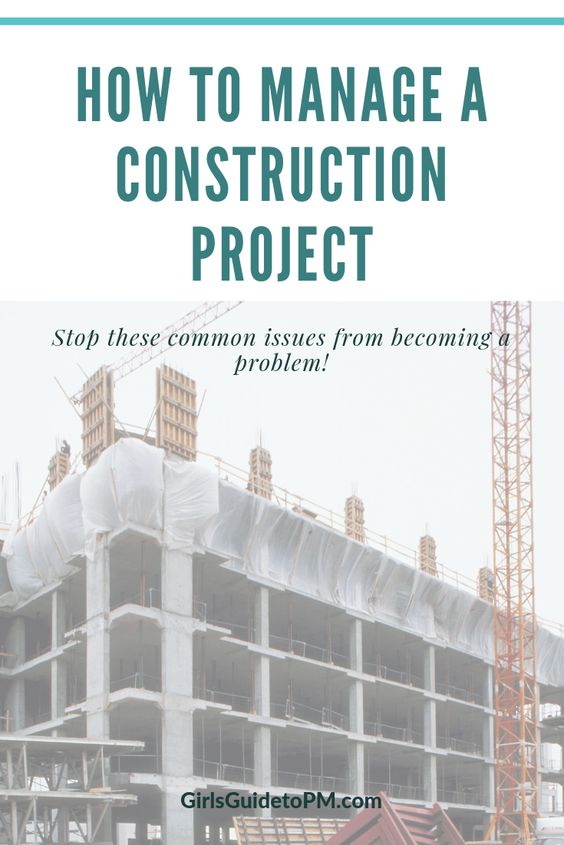Project management in construction is the process of planning, organizing, and controlling the various activities that take place during the construction of a project. It involves the coordination of people, materials, and resources to ensure that the project is completed on time and within budget. Project management in construction is essential for successful project completion and can be the difference between a successful project and one that fails.
The Role of Project Management
Project management in construction is responsible for the successful completion of a project. This includes the planning and organizing of resources, the coordination of activities, and the monitoring and control of the project’s progress. Project managers must ensure that all aspects of the project are managed effectively and efficiently in order to meet the project’s objectives.
The Benefits of Project Management
Project management in construction can provide numerous benefits to the project. It can help to reduce costs, improve quality, and ensure that the project is completed on time. It can also provide a clear framework for communication and collaboration between all stakeholders in the project.
Project Management Processes
Project management in construction typically involves the following processes: project planning, resource management, risk management, cost management, scheduling, communication, and quality management. Each of these processes must be managed effectively in order to ensure the successful completion of the project.
Project Planning
Project planning is the first step in project management in construction. It involves the identification of the project’s objectives, scope, timeline, and budget. It also involves the development of a plan for the project that outlines how the project will be completed.
Resource Management
Resource management is the process of managing the resources needed to complete the project. This includes the identification of the resources needed, the allocation of resources to the project, and the management of the resources throughout the project.
Risk Management
Risk management is the process of identifying and managing the risks associated with the project. This includes the identification of potential risks, the assessment of the risks, and the implementation of measures to reduce the risks.
Cost Management
Cost management is the process of managing the costs associated with the project. This includes the identification of the costs, the estimation of the costs, and the monitoring of the costs throughout the project.
Scheduling
Scheduling is the process of creating and managing the project timeline. This includes the identification of tasks, the estimation of task durations, and the creation of a timeline for the project.
Communication
Communication is the process of ensuring that all stakeholders in the project are kept informed about the progress of the project. This includes the use of various communication methods such as meetings, emails, and reports.
You might find these FREE courses useful
- Construction Management Specialization
- Construction Project Management
- Construction Engineering and Management
- Top Project Management Certification Google Courses
- Google Project Management (DE) Professional Certificate
Quality Management
Quality management is the process of ensuring that the project meets the required quality standards. This includes the identification of quality requirements, the implementation of quality control measures, and the monitoring of the quality throughout the project.
